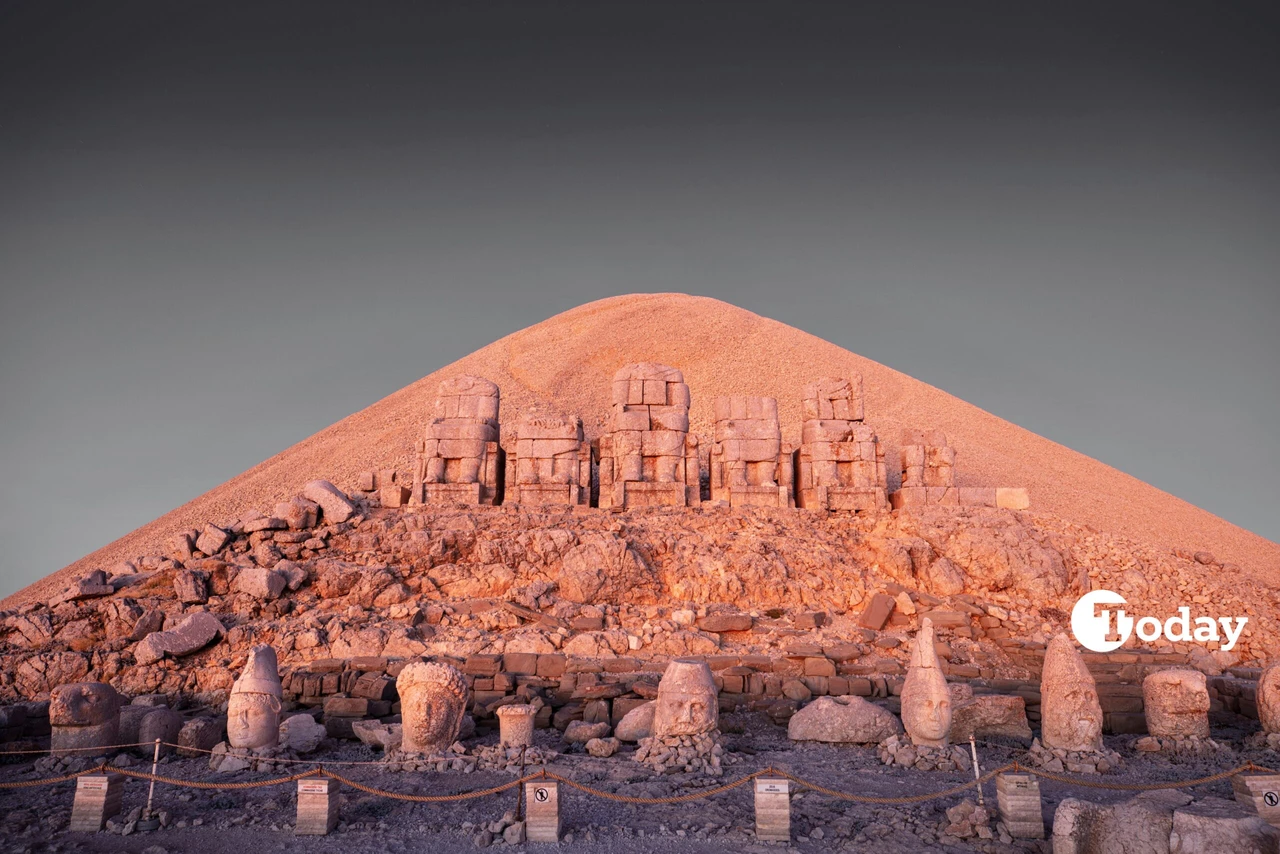Lebanon pushes state control of weapons as truce deadline looms
 This handout picture released by the Lebanese presidency shows designate Prime Minister Nawaf Salam delivering a statement to the press at the presidential palace in Baabda, east of Beirut, Lebanon, Feb. 8, 2025. (AFP Photo)
This handout picture released by the Lebanese presidency shows designate Prime Minister Nawaf Salam delivering a statement to the press at the presidential palace in Baabda, east of Beirut, Lebanon, Feb. 8, 2025. (AFP Photo)
The Lebanese government staked out a bold position Monday on state sovereignty over weapons, issuing a policy statement that challenges Hezbollah’s long-held military autonomy as a critical deadline approaches in the Israel-Lebanon truce.
Reading from the cabinet’s new roadmap, Information Minister Paul Morcos emphasized that “the state’s duty to monopolize bearing arms and enforcing state sovereignty over all its territory solely through its own forces” must be upheld.
The timing of the announcement is significant, coming just hours before the February 18 deadline for fully implementing the ceasefire agreement that halted hostilities between Israel and Hezbollah on November 27. Under that deal, Hezbollah is required to withdraw north of the Litani River, approximately 30 kilometers from the Israeli border, and dismantle its military infrastructure in southern Lebanon.
Lebanon cabinet complies with UN Resolution 1701
The government’s stance directly confronts a decades-old status quo. Hezbollah remains the only Lebanese militia that retained its weapons after the country’s 1975-1990 civil war, resisting repeated calls for disarmament. These demands have intensified since the recent conflict with Israel.
The cabinet’s roadmap also emphasizes full compliance with UN Resolution 1701, which ended the 2006 Israel-Hezbollah war and mandates that only Lebanese armed forces and UN peacekeepers can operate in southern Lebanon.
In a significant regional development, the statement pledged to initiate dialogue with Syria’s new authorities regarding border control and non-interference, following the December 8 ouster of Hezbollah ally Bashar al-Assad.
Syria’s influence in Lebanon has been contentious since its 2005 military withdrawal, which came after mass protests sparked by the assassination of former Prime Minister Rafic Hariri — a killing blamed on both Assad and Hezbollah.



